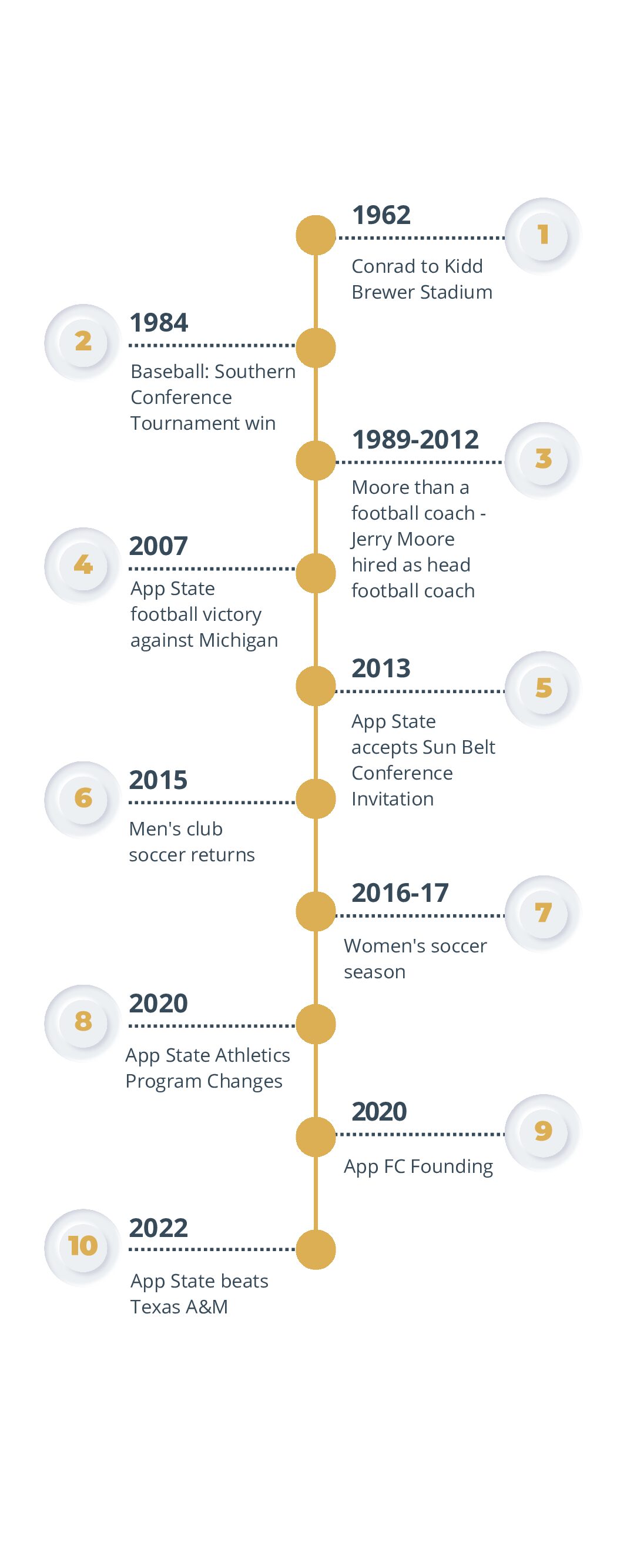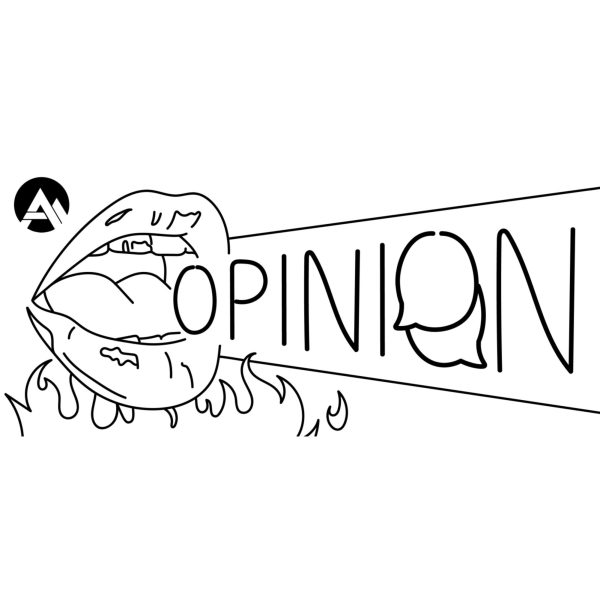Through Ella’s Eyes: Hormone testing in sports enables discrimination
February 22, 2022
It’s no mystery sports are competitive. Athletes go to extreme lengths to be the best competitor they can be, sometimes even taking performance-enhancing drugs. Obviously, it’s not fair to take performance-enhancing drugs, and testing for doping is a no-brainer. Athletes are held to high standards to ensure their sport is fair, but have regulators gone too far? Alongside traditional doping tests, some female athletes may be required to have their sex confirmed. Yes, you read that right. Sports regulators examine and conduct tests upon female athletes to ensure they are “female enough” for competition. The process is called sex verification. “Verifying” the sex of female athletes is an outlandish invasion of privacy, unnecessary for competition and wildly discriminatory.
Sex verification includes blood testing to monitor hormones, particularly testosterone, in women athletes, both cisgender and transgender. The process also includes physical examinations and genetic chromosomal testing to prove they are biologically female. The International Olympic Committee required sex verification on all female athletes until 1998. Now, the IOC and the International Amateur Athletic Federation only conduct sex verification when the athletes are “deemed suspicious.”
The dehumanizing and invasive practice was developed in the 1950s to test for hyperandrogenism, a condition where an individual, usually a female, has higher than average androgens or male sex hormones. Many people who identify as intersex have hyperandrogenism. In theory, sex verification is ridiculous but in practice, it is downright appalling.
In 2014, accomplished Indian runner Dutee Chand was sent to Delhi for what she believed to be a doping test. To her surprise, her competitors and their coaches reported her to the Athletics Federation of India, a branch of the IAAF, for “her physique seemed suspiciously masculine” because “her stride was too impressive for someone who was only five feet tall.” Chand was subjected to a blood test to measure her natural testosterone levels, a chromosomal test and an MRI, but that isn’t the most shocking part of the ordeal. Per the IAAF rules, Chand was forced to have a gynecological exam where doctors measured and probed her breasts and genitalia, which were then scored “on an illustrated five-grade scale.” Because of her naturally high testosterone levels, Chand was completely banned from competition. Chand’s appalling treatment is sadly not an isolated event. In 2019, South African runner Caster Semenya was barred from competing in the Olympics because of her naturally occurring above-average testosterone levels.
Many athletes subjected to sex verification, including Chand and Semenya, did not know they had hyperandrogenism before the process. What should be private medical information about their bodies was discussed in boardrooms and publicized. According to Human Rights Watch, sex verification of any kind constitutes violence and harassment in the workplace per the International Labour Organization. Because competition is a professional athlete’s livelihood, they must comply with the intrusive regulations.
Banning female athletes from competing in sports because of naturally occurring hormone levels is absurd and deeply rooted in sexism. As women became more prominent in competitive athletics in the 1950s, sports regulators began to question if successful female athletes were really women. The discrimination of intersex and hyperandrogenous people only applies to female-identifying athletes. Male competitors do not face the same scrutiny. The narrative that intersex or hyperangrogenous women have some superhuman advantage over “average” individuals is laughable.
All women have testosterone in their bodies, but amounts vary from individual to individual. So, why is the natural variation of hormone levels viewed as an unfair advantage? A runner wouldn’t be banned for having naturally long legs. A sharpshooter wouldn’t be banned for having naturally good eyesight. A swimmer wouldn’t be banned for having naturally large lungs. Yet, female-identifying athletes are banned for a natural attribute they were born with.
Luckily, college athletics has a higher standard of decency. In 2011, the NCAA stated, “there is a great deal of natural variation in physical size and ability among non-transgender women and men” and “sex verification tests have been misused to humiliate and unfairly exclude women with intersex conditions.” Although the NCAA is opposed to sex verification, the association still monitors and regulates the testosterone levels in transgender women. Of course, there is room for improvement in the NCAA policy, but it is still far more inclusive than the IOC and IAAF. App State, a NCAA Division I university, adheres to the organization’s rules.
Hormone testing and sex verification is an outdated, disturbing practice that has no place in sports. It is impossible to force people into the neat categories of “male” and “female” when, biologically, two distinct sexes do not exist. Dehumanizing and regulating women’s bodies in the assumption that women are not capable of competitive sports are insulting and not the answer to fair competition.




















